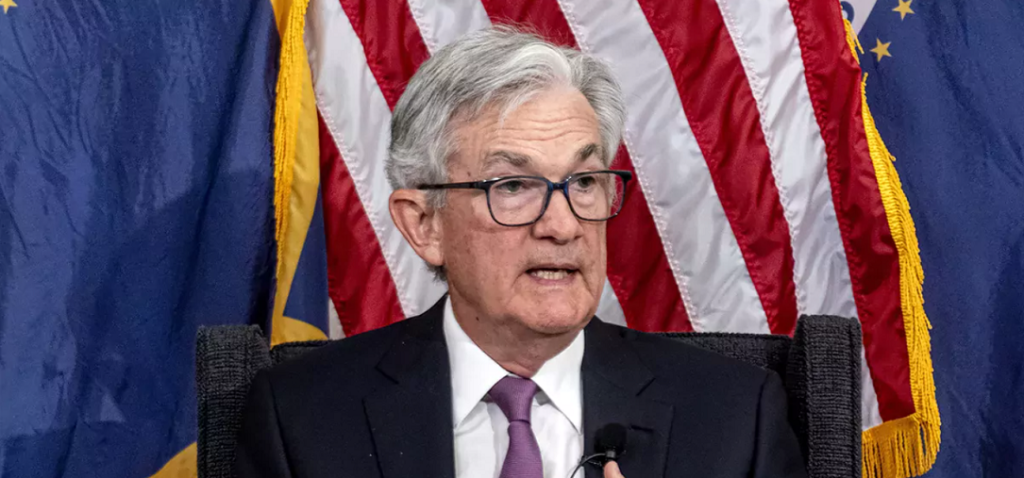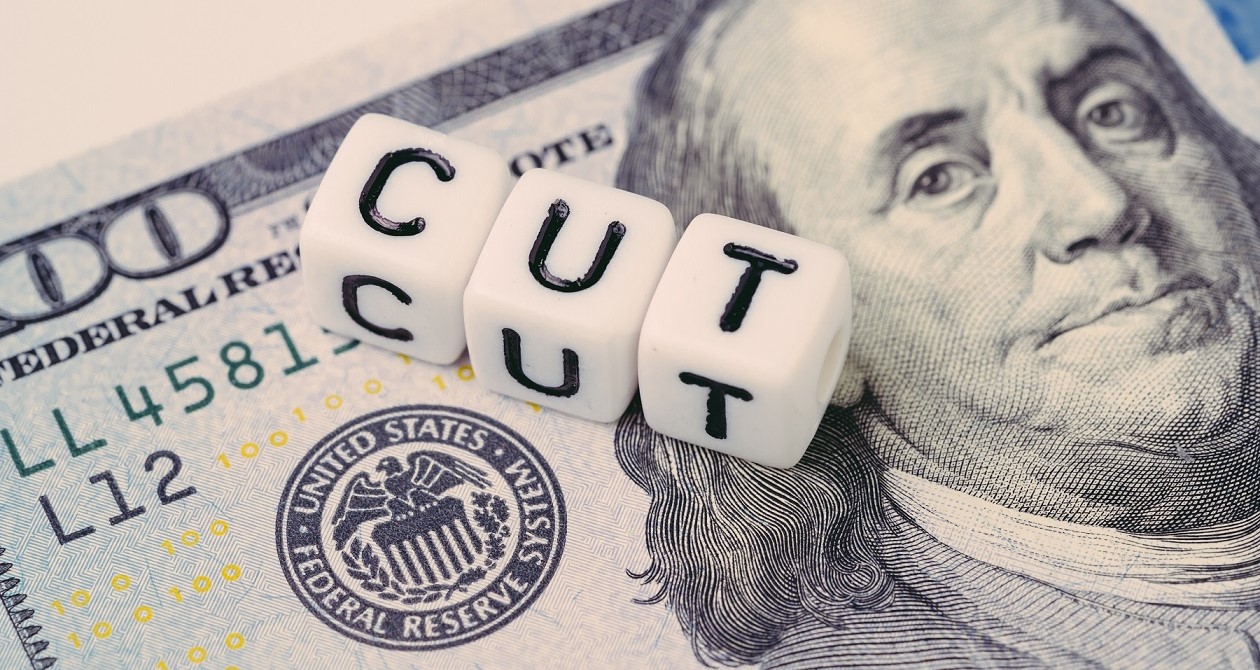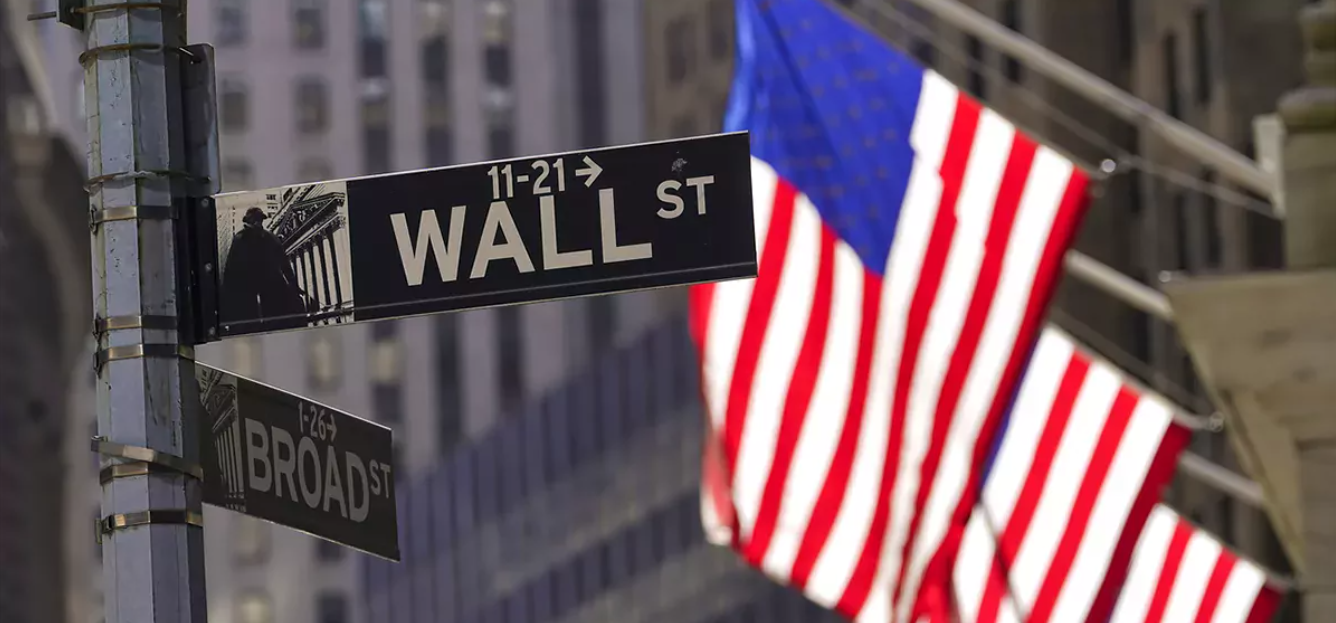
François Christen
Chief Economist
The rebound in dollar yields once again calls for a tactical rebalancing back into safety.
Original article published in French on agefi.com

After several weeks of quiet activity, the bond market has finally awakened from its torpor. In the US, the yield on the 10-year T-Note bounced back to around 3.7% after having gravitated for a long time in an orbit near 3.5%. Some fairly sharp tensions drove the yield on the 2-year T-Note above 4.25%. This correction comes in a rather favorable context for risky assets, especially for stocks, which are on the rise. Wall Street is rightly ignoring the risk of a federal government default, while politicians are prolonging the suspense of the “debt ceiling” before offering us a last-minute twist in the great Hollywood tradition.
This “risk on” regime is fueled by rather reassuring macroeconomic news that is consistent with a “soft landing” for the US economy. Erratic retail sales recovered in April after having declined the previous two months. So-called core retail sales stripped of the most volatile items (cars, fuel, building materials) shows that consumers have not surrendered. Manufacturing output rebounded with a 1% increase in April, following a 0.8% decline in March. The NAHB Housing Market Conditions Index continued to rebound to 50 in May after falling to 31 last December. However, declines in existing home sales and building permits reflect continued weakness in the sector. In addition, the Conference Board’s composite indicator still points to a likely recession over the next 12 months.
The upturn in yields is also being driven by statements from several central bankers who have emphasized inflation risks and questioned the path of the Federal Reserve’s key interest rate. Among the “hawks”, Logan, Jefferson and Bullard all suggested that further monetary tightening may be necessary. The more moderate Kashkari seems to favor a pause, but refuses to say that the interest rate hike cycle is over. Jerome Powell also seems to favor a break in order to get a better handle on the effects of banking sector stress. In short, a pause seems very likely in June, but hopes for a quick turnaround are fading.
In Europe, the euro yield curve is experiencing moderate upward pressure. The German 10-year Bund yield has edged up to around 2.4%, the highest since early May. Unsurprisingly, Christine Lagarde and her colleagues continue to emphasize the fight against inflation, which should lead to another 0.25% increase in key interest rates on June 15. The latest forecasts from the European Commission highlight the strength of an economy that has escaped a recession that seemed almost inevitable. The welcome drop in energy prices has led the Commission to revise its growth projections from 0.8% to 1% for 2023, and from 1.6% to 1.7% in 2024.
Escaping the influence of the US and Europe, Swiss franc bonds exhibit stable and tactically unattractive yields. The relatively benign behavior of inflation in Switzerland gives the SNB room for maneuver, even if Thomas Jordan believes that a further increase in interest rates cannot be ruled out. In fact, Swiss monetary conditions are still not restrictive, with “real” interest rates close to zero or even slightly negative.










